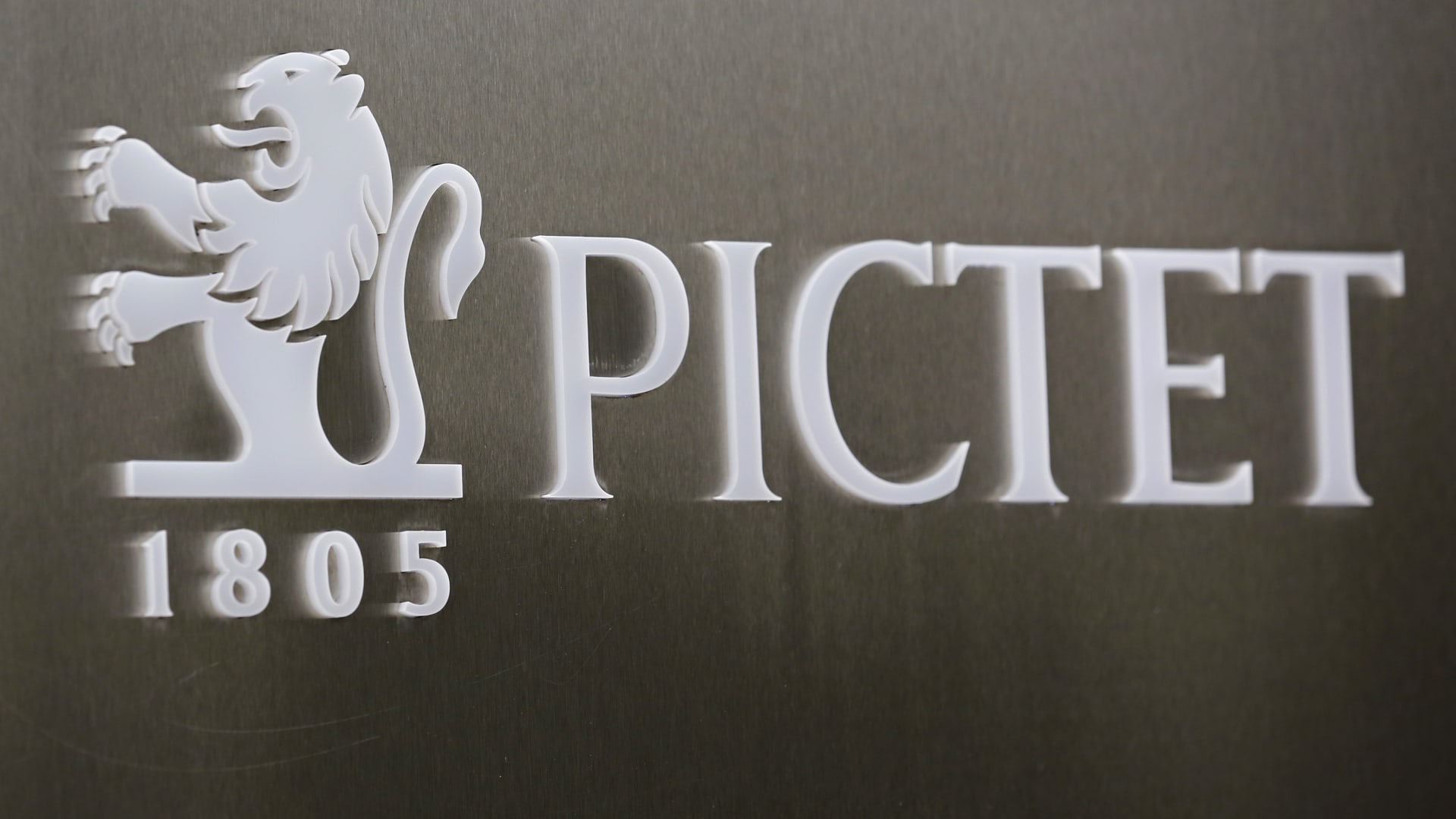
The pandemic has upended the travel industry and different parts of the ecosystem are feeling the pain.
First up, travel credit cards.
Credit card companies that offer travel rewards have had to rethink their offerings as flight and hotel bookings remain depressed due to the pandemic and travel restrictions. Hotels that drive bookings through marketing their co-branded credit cards have had to extend expiration on points and allow customers to use their points towards other services.
“Chase just, you know, normally they allow you to use your points for travel credit. They’re now allowing that for groceries and other expenses so take a look at what you’re spending money on and make sure you’re using a credit card that actually gives you bonus points for what you’re spending on, whether that’s groceries or dining,” Brian Kelly, founder and CEO of The Points Guy, a travel and credit-card-rewards website, told CNBC’s “Trading Nation” on Thursday.
On which credit card he ranks the highest, Kelly says the Chase Sapphire Reserve is still a “top notch travel card,” though he’s been using the Amex Gold during the pandemic.
“Amex Gold is probably the one I’ve been using the most over quarantine because you get 4x on dining, which comes in handy when you are ordering in most meals,” he said.
Second: hotels.
The latest data from Smith Travel Research shows average U.S. hotel occupancy broke above 50% in mid-August, up from 22% in mid-April but still below pre-pandemic levels.
With Paycheck Protection Program loans running out, many hotel owners are being forced to assess forbearance options, or in some cases, hand over the keys to their lender.
While hotel owners face a laundry list of challenges, consumers continue to warm up to home rentals — like Airbnb.
“The shift to Airbnb had been happening well before Covid and, you know, in the beginning I thought consumers might be a little bit nervous to stay in a house that they know hasn’t been cleaned necessarily at a standard of a hotel,” Kelly said. “But that’s been the opposite especially since we’ve found out that the Covid doesn’t really live on surfaces as much as we thought. So people are comfortable cleaning their own places and frankly people don’t want to get trapped in elevators, so I definitely see the Airbnb trend continuing,” he said.
Steve Jankowski, head of growth at AllTheRooms, a provider of short-term rental data and analytics, says short-term rental bookings made for this fall season look very strong, with bookings currently at 89% of 2019 levels in the United States.
Tripadvisor CEO Stephen Kaufer also sees that shift in consumer habits.
“Obviously during a pandemic, people are most concerned about their safety, they’re looking at those standalone homes,” Kaufer told CNBC on Monday.
But the hotels are not sitting this one out.
Marriott, Hilton and Hyatt have been making changes to their offerings, empowering customers with new information on their mobile apps that can help drive better decision making on which properties offer the best travel experience during the pandemic. Marriott recently sent out an email to its loyalty members, outlining a list of hotels near national parks and beaches.
“I personally love Hilton’s app where you can actually select whatever room you want. In the old days, we would want the high floor with the view but nowadays, you know, a lot of people want that ground floor or first floor room so that you don’t have to use the elevator,” said Kelly.
While travel stocks are down significantly in 2020, a handful of them have rallied on hopes of a vaccine and an eventual return to leisure and business travel.
The major cruise lines — Carnival, Royal Caribbean and Norwegian Cruise Line — are all up 125% or more from their March lows. The world’s largest hotel operator Marriott is up 112% from its recent low. Expedia is up 132%.




